Google’s Android 15 Beta 4, released on July 18, is anticipated to be the final beta version before the stable release. This update includes several improvements and bug fixes reported by developers and general users. Notably, the beta introduces a shift from legacy PNG-based emoji fonts to modern vector-based emoji, enhancing visual clarity and scalability.
One of the significant upcoming features hinted at in this beta is a charging optimization tool. This feature, which will be available to Pixel users, allows users to limit their phone’s battery charge to 80 percent, similar to the Optimized Battery Charging function on iPhones. This addition aims to prolong the battery lifespan by reducing the time spent at full charge.
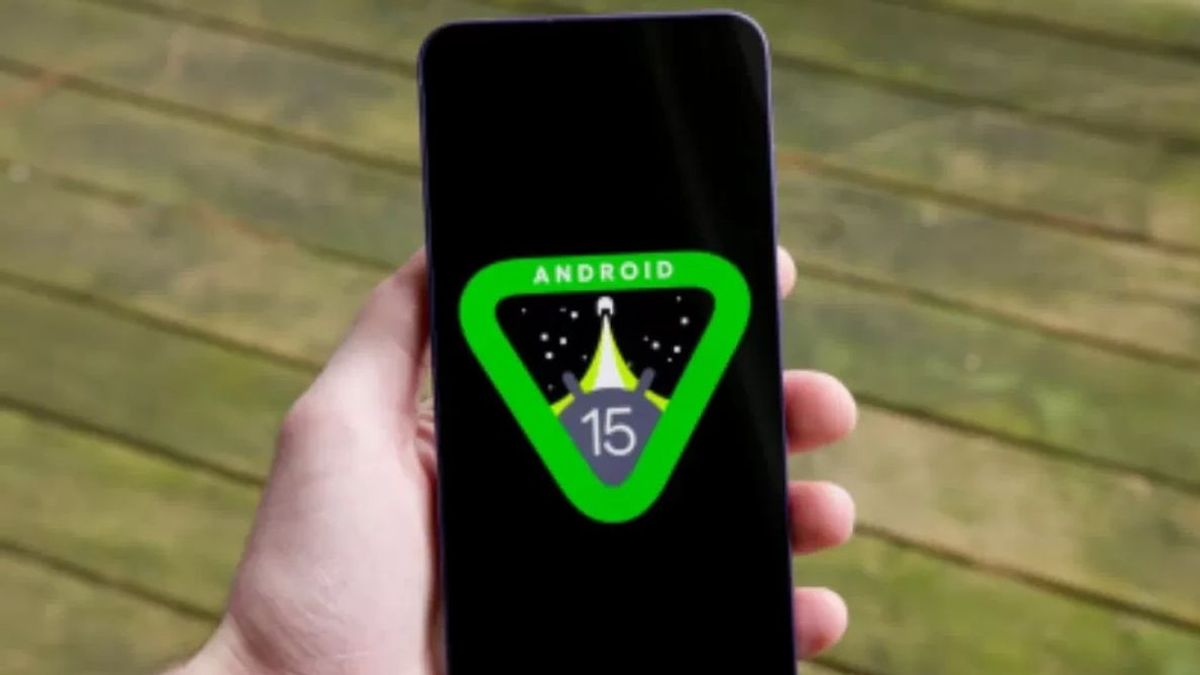
Additionally, Beta 4 has introduced a new device diagnostics tool, which builds on the existing Diagnostics app. While Pixel devices have had a Diagnostics app accessible via a special code, the new tool provides more detailed insights into battery and storage health. It is conveniently located at the bottom of the System Settings menu for easier access.
The device diagnostics now include two distinct tools: Component health and Evaluation mode. The Component health tool performs a basic rundown of the device, including tests for battery and storage status, as well as a Display and Touch test to identify any screen defects or unresponsive areas.
Evaluation mode is a new feature that allows users to assess other devices by generating a QR code. Scanning this code on the device to be evaluated triggers the same tests found in Component health, offering a summary to help identify any issues. This suggests that the Evaluation mode may be capable of evaluating non-Pixel devices as well, though this has yet to be confirmed.

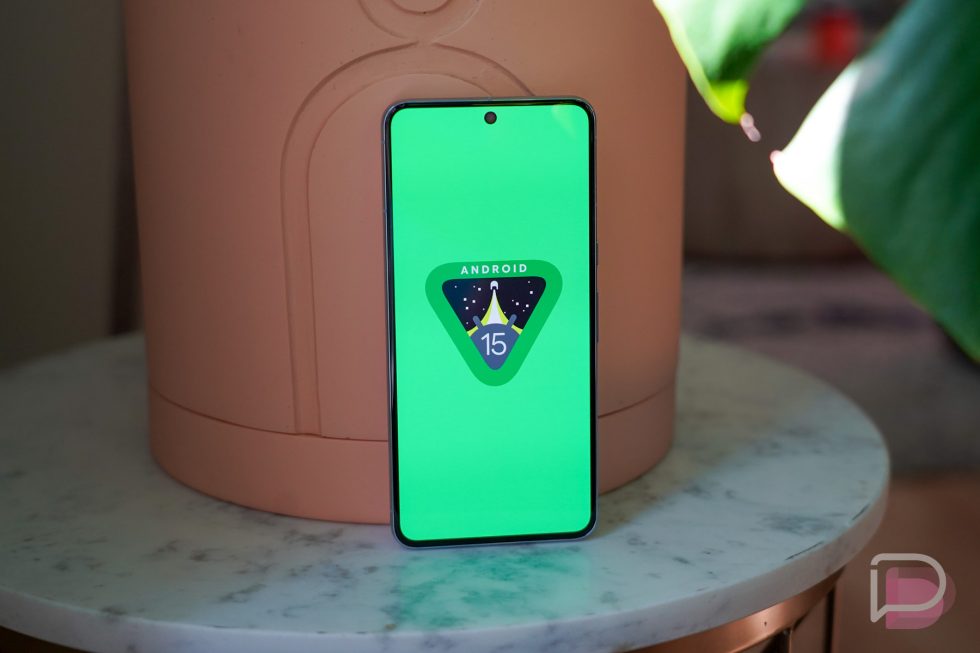
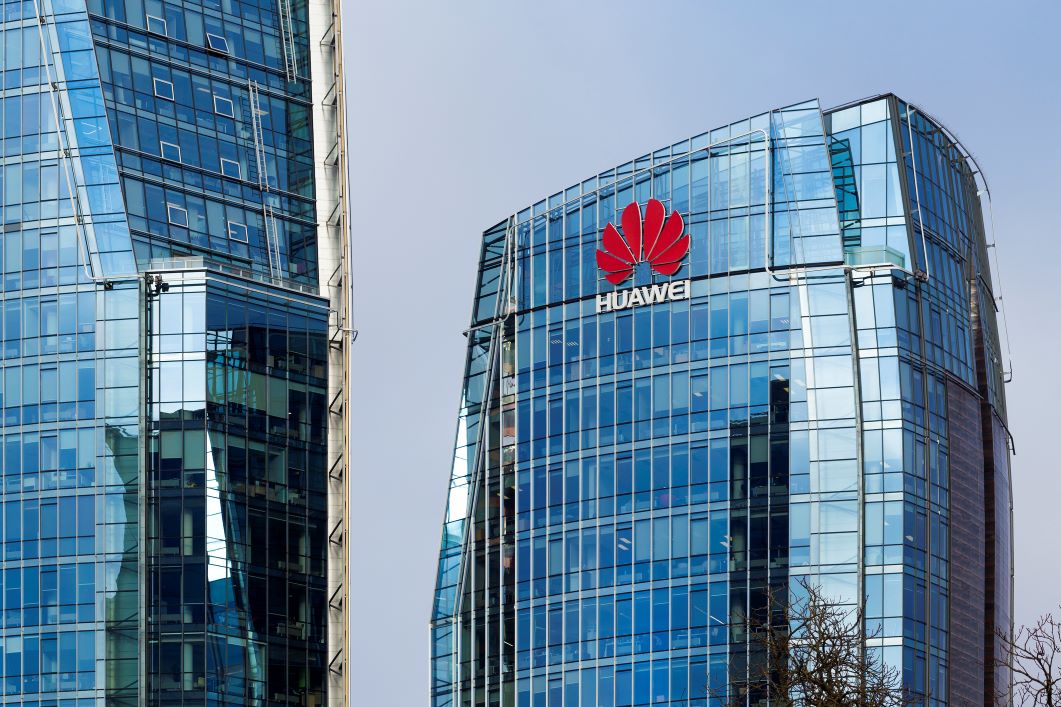
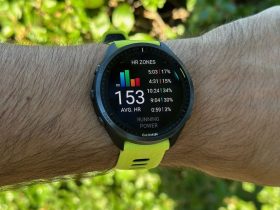

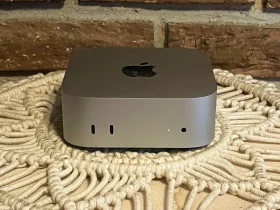
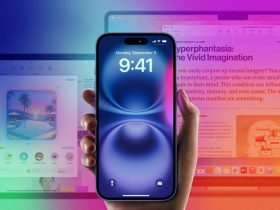
Leave a Reply